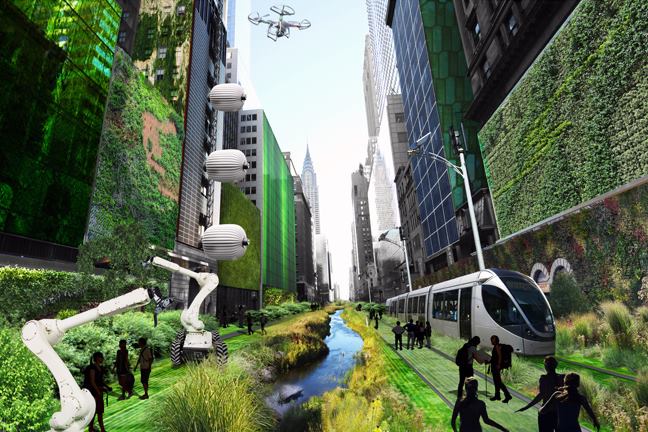
2020s: A New Civilization Emerges
I felt quite emotional as we entered the Dawn of a new Decade. At the moment of the Millennium perhaps I was too young to fully comprehend the significance of the year 2000 – although intuitively I kind of knew. But now, 20 years later we are well into the new Century – many new important trends are kicking in.
Two really important events transpired early in the new millennium, First there was 911 and the pointless and wasteful wars which followed. Second, there was China’s accession to the WTO, which resulted in China becoming the factory of the world. By 2014, China had overtaken the US as the largest economy in the world on World Bank’s PPP measure and by the end of the 2010s, top people in Silicon Valley were saying that Beijing – and perhaps Shenzhen – had become the only true rivals to Silicon Valley in the world.
But something else seemed to be shifting across much of the Western world – a sense of unfairness in the system was rising, faith in the old institutions and politicians began to break down. It seemed like an old system was dying.
And yet, at the same time, scientists, technologists and change makers have been reporting to me the whole decade that amazing new innovations were in the pipelines: we were entering the Fourth Industrial Revolution or perhaps the Singularity. Many of our problems were going to be resolved by new technologies.
I’ve sometimes called it the ‘Great Paradox” – the fact that things seem to be getting better and worse simultaneously at an accelerating pace! But basically I call it revolutionary change. In an eco-system like a forest, trees and animals might die, but at the same time new flora and fauna and organisms are growing. It really depends what you look at.
Looking Forward – Big Questions
Rather than make too many predictions about the 2020s here, I think it might be useful to vocalise the big questions I am holding. I’ll save the predictions for another day, especially for clients who want to pay me lots of money! But more seriously, questions are more important than answers: they tend to open the mind.
Are we at the cusp of true breakthrough innovation? One of the world’s greatest VCs and Founder of Paypal , Peter Thiel , once famously said the we were promised flying cars and we got 140 characters! He meant of course, that a lot of Silicon Valley’s best and brightest went and built social media companies instead of going into breakthrough tech. He has often argued that productivity enhancing tech breakthroughs finished in the 1970s, perhaps after Apollo.
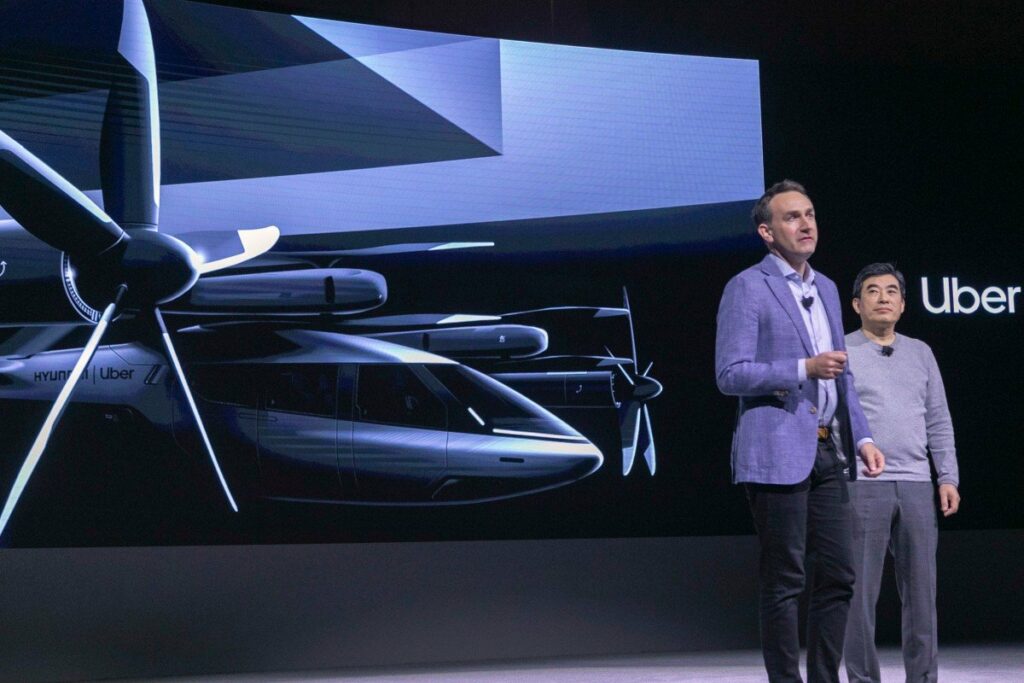
Will the promise of the Fourth Industrial Revolution live up to its great expectations, with the convergence of robots, advanced AI, IOT and more. Will we successfully add artificial intelligence in the next 15 years which we invented over the last 150 years? Will billions of devices and things truly be connected to the internet making our economic and production systems highly efficient and intelligent? The next step in the creation of HG Wells ‘world brain?’
And will humans become increasingly redundant? I don’t think so — I think the exciting phenomenon is that humans can escape the prison of the industrial society and embrace their creativity, intelligence, compassion and humanity. This is one of the great possibilities of the age: will humans become human?
Will we have seen an end to big tech or FAANG (Facebook, Amazon,Apple, Netflix and Google) ? Will we be living in a post Facebook and Google world with the backlash against many these companies combined with decentralisation of technology? Why shouldn’t our social connections be through a decentralised blockchain? Surely the successful technology companies of 2030 will not just be social media, entertainment and online consumer sales? Perhaps society’s resources will be directed at things more fundamentally innovative and Peter Thiel will acknowledge the innovation drought is over.
Will we be an inter-planetary species as Elon Musk keeps asking? In the Renaissance, the great European explorers travelled the globe. Will space be our great frontier? I expect we will have a Moonbase in the 2020s and many ambitious billionaires want to get to Mars. Although some think that this is all for the egos of billionaires, I think it will help accelerate the development all all sorts of industrial technologies (from materials to 3D printing). Will there be a Space conflict or War in the 2020s?
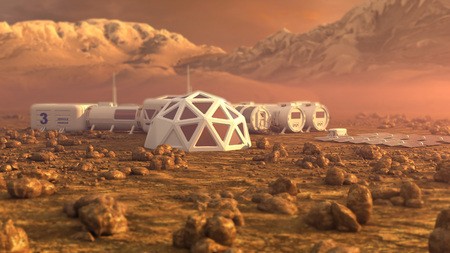
Or will our great frontier not merely be space, but to fully understand our own planet better, Gaia, at a much deeper level? There was something quite poetic about the astronauts who went to space and were mindblown seeing the Earth, a Garden of Eden in the middle of the star system. There appears to be rising levels of environmental consciousness and growing interest in the way indigenous people viewed the world.
How bad will the next financial crisis be? How will the largest financial experiment in history end – the massive printing of trillions of dollars of money by the world’s central banks? Where will the initial domino fall, in the inflated bond markets? Will Shanghai be the new financial capital of the world by 2030? In previous global crises we have seen the baton passed from one nation to another – London giving way to New York and the Dutch giving way to London before that.
Will the post crisis financial architecture be based on the decentralised blockchain? Will China throw down the gauntlet with the world’s first central bank digital currency? It is highly likely. But will the rest of the world embrace a truly decentralised cryptocurrency instead? Perhaps the Central Banks are sowing the seeds for their own destruction. Will Bitcoin continue to thrive ? Its lowest price of the year rose every year this decade – so it is poised to go to $200,000 or more? What’s certain is that finally real innovation is coming to finance.
Will Quantum computers be revolutionising R&D around the world? This is the next big computational breakthrough. Will it live up to its promises? What will happen to encryption? Will quantum encryption end the rampant surveillance and spying since the advent of the internet?

How extreme will climate become during the 2020s? The consensus is for more warming, but actually winters in the Northern hemisphere are getting worse as well. A global cooling might be even worse for agriculture and cause a spike in food prices.
Will we save the planet and avert the so-called Sixth Extinction? Can human behaviour change ? What about technology? Will new energy breakthroughs finally make it in to the public domain? Will we begin to harness new advanced technologies like quantum tunnelling instead of just 40 year old technologies like solar panels? And will vastly superior logistics, new materials, 3D printing done at a local level amongst other innovations actually save the day. As usual I think we underestimate our own ingenuity.
Will there be a new world religion? What will happen to the existing major religions of Christianity, Islam, and Buddhism? Will a new Gaiain religion (more connected to Nature) emerge, or the major religions continue to move towards a love of Nature as well as of mankind? we’ve seen this already to a certain extent with the Pope’s embrace of the ecological message. Despite the disappointment of many environmental activists, humanity’s ecological consciousness has been rising rather rapidly. And perhaps its no coincidence that this kicked off when we saw the Earth for the first time with the Apollo landings in the 1960s/early 1970s.

Will the great catalyst of the next phase of technological innovation be catalysed by the merger of engineering with biology? One could characterise the last 100 years as a convergence of physics and engineering which brought us radar, television, computers, and the internet. Now we have engineering and biology, so more and more technologies might be built from biological materials from batteries and water purifiers to data storage. Will the robots of the future be built from biological tissue? How about bio-photonics?
How will our healthcare or medical system begin to change? Huge changes will commence in the 2020s and at some point in the future, will we look back at current day medical practices the same way we look down upon the usage of leeches in a previous age? Will we harness and work with the innate intelligence of the human body? Will a pandemic or health crisis propel us into thinking more deeply about these issues? Will the use of chemotherapy, excess surgery and even vaccines be seen as archaic? Will we finally focus on health and longevity instead of disease? How high will life expectancies soar by 2030? Or will life expectancies polarise with wealth?
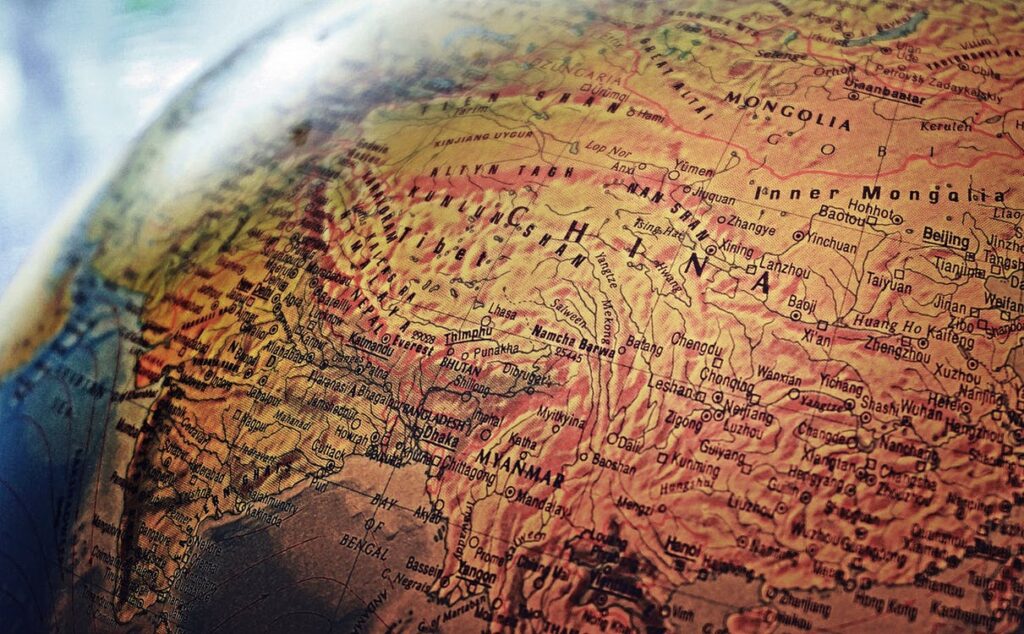
Will China now be the gravitational centre of the world? Is China the only powerful nation on the planet with a vision and plan for the future? Do not under-estimate China’s vision for its Belt and Road Inititiative, the Marshall Plan for an entire supercontinent. Or will influence be spread through the New Silk Roads to all of Eurasia? It’s likely we see a shift in geopolitics to a more multipolar world but as Asia GDP overtakes the rest of the world in 2020, its real influence begins to emerge. Where will India be in this as the world’s largest democracy and English speaking country? By 2027 is is also set to overtake China in population. And with Africa, a population powerhouse getting in to gear, will it become the highest growth region of the world by the end of the 2020s – or is this premature?
What will the economic relations between China and the US be? Will new trade deals result in a new stage of Chimerica, or is the old partnership well and truly over? Has the balkanisation of tech begun? Will China end up leader in some of the key technologies of the future – from AI to quantum computing? [ Many think they already are].
What about the prospects for the US and Pax Americana? Will the 2020s see an end to the Empire and finally a withdrawal from the Middle East. George Friedman, the founder of Stratfor and an excellent geopolitical forecaster is writing a book now “the Storm Before the Calm.” Personally I also wonder whether the future involve a break down in America’s old institutions before the true transformational structures emerge. Will the young and dynamic nation of America shift from adolescence to adulthood?
What will happen to Europe? Will the EU survive? It feels like the status quo is unsustainable , either the EU converges towards a superstate or it fragments. With Germany’s economy languishing partly due to its reliance on on an antiquated car industry and problems in the European financial system, will the UK be the dark horse in Europe and see the most innovation in the 2020s?

Will there be a war between two major powers like the US and China? Will we see the worlds first cyber war with attacks through the web taking down another country’s infrastructure? Or is the great potential for our species to see the slow demise of the nation state, a shift to more local and decentralised decision-making, confirming that events such as Catalonia, Brexit and the rise in the importance of cities, was indeed a trend. Will China, even, be subject to these centrifugal forces? Was Hong Kong a first example of this? Can the end of the Westphalian system system guarantee the end of major wars. Are cities and local districts the optimal decision making units of the future?
Will the biggest risks for war be more internal discord, conflict, civil war or coup d’etas? This has been my assumption since the early 2010s with the rise in income inequality and the appearance of the ‘Hunger Games’ Societies. In the US might it take time for society to go through a cycle of fragmentation and then healing? Might there be wild cards such as domestic terrorism or a coup? Some argue we are already seeing this. This might help contribute to the end of the nation state.
Will the Monarchy end in the UK during the 2020s, marking the end to an era in human history, as Gini co-efficients reverse and our societies become more egalitarian again? At the end of 2019 and the beginning of 2020 it already looks like the Royal family is breaking up from within.
With shifts in the economic balance of the world will Asian tastes influence the whole world from tourism to fashion? Will Shanghai catch up with Paris as a fashion powerhouse. Will cities and hotels increasingly cater to Asian tastes? And will the global entertainment industry continue to be influenced by Asia – and then other upcoming regions from Africa and the entire New Silk Road?
Will the 2020s see a rise in Japan’s soft power? Will tourism continue to boom after the Olympics and its culture, artisanship, philosophies and lifestyle get the real recognition it perhaps deserves: perhaps Japan finally does become No 1 as the author Ezra Vogel discussed in his classic book. Japan might be the nation of the future, with a much bigger focus on harmony, lifestyle, and culture.
Will the new Transportation Revolution have fully commenced? Will a number of key cities transition to autonomous cars by the end of the 2020s? Will aviation have gone supersonic again? And will technologies like hyper loop be deployed around the world. Perhaps the backbone of Africa can be created and a trip from Morocco to Cape Town take a mere few hours.
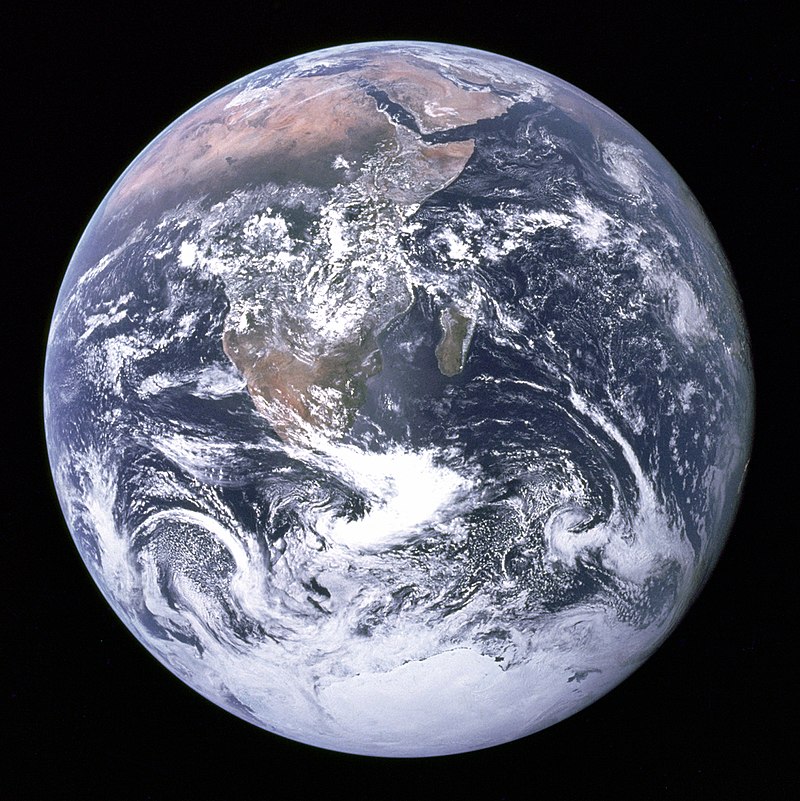
And what will cities look like when they are redesigned for humans (and perhaps nature) instead of cars? With driverless cars, new innovative spaces and designs, it’s the first redesign for at least 100 years..perhaps longer.
Will we have truly begun the shift to an Ecological Civilisation? This does not just mean to harmonise with nature and save the planet. Will we embrace all of these decentralised technologies, leverage off nature’s 4.5 billion years of R&D and mimick the way nature organises itself in self-organising systems?
A New Civilization
The famous Club of Rome report Limits to Growth in the late 1960s might have marked the beginning of the end for our industrial society. We are now in transition to a post industrial world. It will be highly technological, but it was also work in harmony with nature and often copy the way in which nature organises itself. I call this the Ecological Civilisation. And this is what helps us avert our own extinction.
Lets hope that the 2020s will see some of the foundational elements of this new civilisation come into place.
